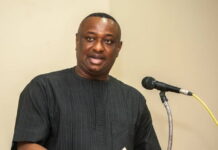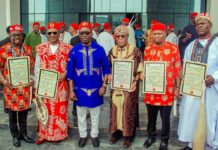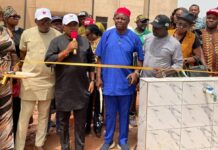The Nigerian Presidency has publicly challenged the latest World Bank economic report, which estimated that 139 million Nigerians currently live in poverty, dismissing the figure as “unrealistic” and detached from the country’s actual economic conditions.
Sunday Dare, Special Adviser to President Bola Tinubu on Media and Public Communication, articulated the government’s position, insisting that the statistics require proper context, particularly concerning the methodology used.
Figures Not Literal
In a statement on his official X account, Dare acknowledged the partnership with the World Bank but criticized the interpretation of the data.
“While Nigeria values its partnership with the World Bank and appreciates its contributions to policy analysis, the figure quoted must be properly contextualised. It is unrealistic,” Dare stated.
The Presidency clarified that the 139 million figure is based on the global poverty line of $2.15 per person per day, a benchmark established in 2017 using Purchasing Power Parity (PPP). The government argued that this measure is an analytical construct, not an empirical reflection of living standards in 2025.
“Clearly, the measure is an analytical construct, not a direct reflection of local income realities,” the statement noted. It pointed out that the $2.15 daily line, when converted nominally, is nearly ₦100,000 per month—a figure well above Nigeria’s new minimum wage of ₦70,000.
The administration maintained that PPP methodology relies on old consumption data and “often overlooks the informal and subsistence economies that sustain millions of households.” The government concluded that the World Bank’s estimate is a “modelled global projection, not an empirical reflection of living conditions in 2025.”
Focus on Reform Trajectory
Dare stressed that the government’s focus is not on static figures but on the current trajectory of the economy, which he described as one of “recovery and inclusive reform.” He emphasized that the Tinubu administration is tackling decades-long structural distortions through reforms like fuel subsidy removal and exchange rate unification, actions which the World Bank itself has reportedly acknowledged are “restoring macroeconomic stability and renewed growth momentum.”
The World Bank had presented the figure during the launch of its Nigeria Development Update (NDU) report in Abuja, urging the government to do more to improve the living standards of Nigerians despite commending recent policy reforms.





